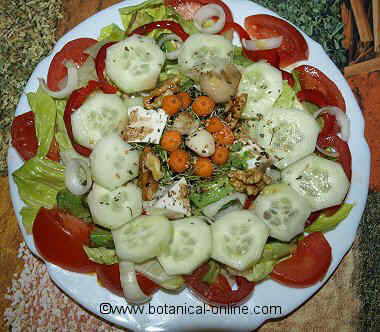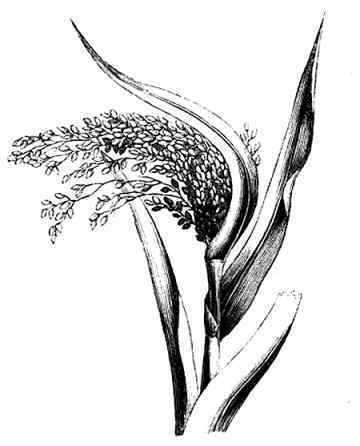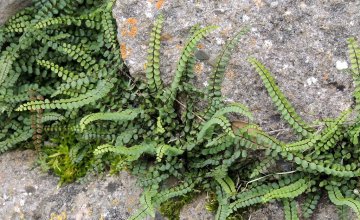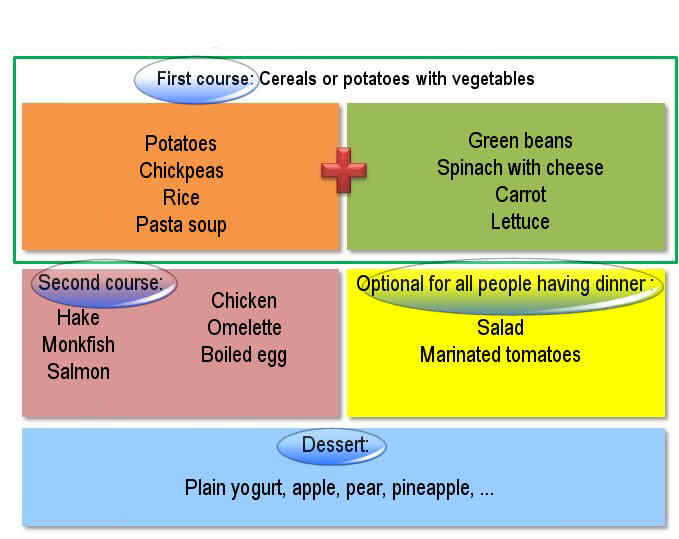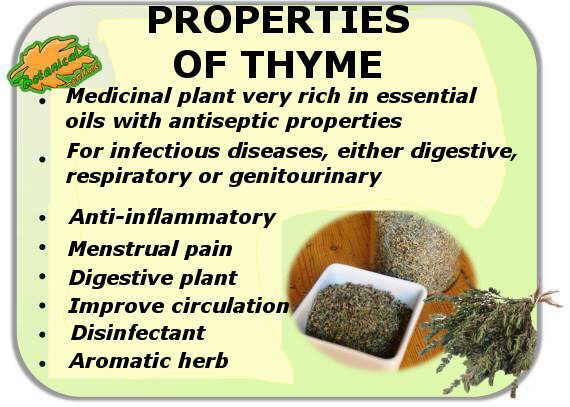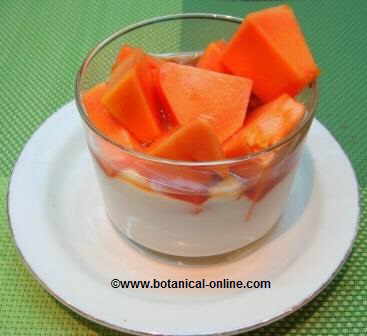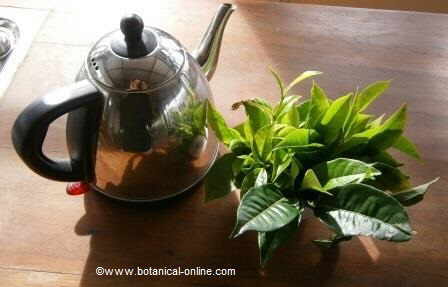Contents
- 1 Toxicity of phytotherapy in children
- 1.1 Main dangers of medicinal plants for children
- 1.2 Current situation of natural therapies in children
- 1.3 What danger does herbal medicine have for children?
- 1.4 What dangers can natural treatments have?
- 1.5 Safety and toxicity of herbal medicine in pediatrics
- 1.6 What medicinal plants are toxic for children?
- 1.7 Hazards of plants and food with nitrates for children
- 1.8 Keep plants out of the reach and sight of children
Toxicity of phytotherapy in children
Main dangers of medicinal plants for children
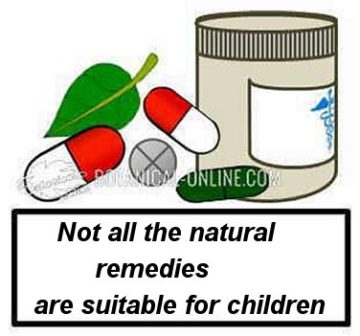
To summarize, the main dangers of phytotherapy for children could be summarized in the following points, developed in this article:
- Involuntary intake: Plants and medicinal preparations should be kept out of the reach and sight of children.
- Type of plant: There are plants suitable for children, and plants that it is better not to use, due to its high toxicity or its possible side effects.
- Unsuitable preparations: Children can take certain infusions, syrups, vapors, baths, etc. On the other hand it is not recommended to administer essential oils in children via internal without professional advice.
- Plant dose: Children need a dose very different from that of an adult.
- Concomitant use with medication: If you take home remedies with medication, adverse effects are more likely to occur. In general it is recommended not to mix plants and drugs without medical advice.
- Not going to the pediatrician when the symptoms persist, if they do not improve or if they get worse: The treatment or the diagnosis may have to be changed. Postponing medical advice can be harmful and cause the symptoms to become chronic or result in more serious complications.
Current situation of natural therapies in children
More and more parents choose to use natural therapies to cure different affectations of their children, either because they consider that they are better treatments than drugs, or because plants are a more affordable alternative than medicines.
Unfortunately, currently, in most countries the phytotherapy is not an official regulated medicine, so there is a great lack of knowledge on the part of most doctors about medicinal plants. The pediatricians, to take extreme precautions and not cause harm to their patients, prescribe almost exclusively official medicines, of which their effectiveness and toxicity are known.
What danger does herbal medicine have for children?
The main risk of phytotherapy in children is that most of the time they are used at the domestic level, without medical advice or any control, and with total disinformation about the most appropriate plants, the quantities, and their possible risks.
In addition, they are often used together with medications, in non-recommended preparations, or other factors that, in the end, multiply the possibilities of adverse effects.
What dangers can natural treatments have?
We all know that plants can have some toxicity and produce possible adverse effects, although normally they only transcend the virtues of these natural remedies.
In most cases, the adverse effects are mild and parents usually ignore them or not associate them with the consumption of that infusion, but, although they are mild, they should be avoided as they cause unnecessary discomfort to the child.
In other cases, certain plants can cause serious poisonings that require hospitalization, such as liver failure, convulsions, etc.
- Knowing better herbal medicine will help us avoid these unpleasant and potentially dangerous situations.
Safety and toxicity of herbal medicine in pediatrics
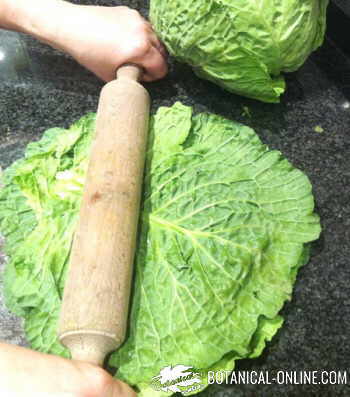
It is necessary to admit the usefulness of medicinal plants and deepen their knowledge, to benefit from their advantages safely, but also to know how to recognize their possible adverse effects and their limitations.
The herbal medicine in pediatrics is mainly based on plants that have traditionally been used in children. There are no studies in children that assess the safety of medicinal plants in pediatrics. Therefore, the plants used in pediatrics are still based on this popular wisdom.
Below are explained the main aspects to take into account to use medicinal plants safely in children, accompanied by a list of the main plants that should not be used. Remember that:
- Some medicinal plants are adequate, others are better not to use.
- Babies and young children should not take medicinal plants. It is estimated that you can start to administer remedies with medicinal plants after 2 years, with the advice of the pediatrician.
- Essential oils are contraindicated. They are dangerous for children, especially in internal use. It is important to keep them out of the sight and reach of children
What medicinal plants are toxic for children?
One of the main problems is to establish which plants are suitable and which should not be taken by children. For this we can rely on the cases of intoxication that have been described by doctors, although this knowledge is limited, in view of the enormous variety of plants and diversity of home remedies that exist.
A clear example of unsuitable home remedies are essential oils. There are numerous detailed cases of children seriously intoxicated by the ingestion of essential oils, something that, unfortunately, is very common in children under 6 years of age.
To guide us on the toxicity of a plant it is interesting to know what active ingredients they contain. In addition, as is logical, if a plant is potentially toxic to an adult, it should not be administered to children, as is the case of nutmeg and many plants with alkaloids: celandine, opium poppy, etc.
Hazards of plants and food with nitrates for children
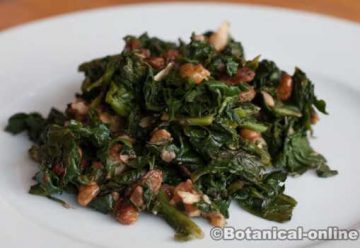
There are medicinal plants and even foods that adults take, which are not suitable for infants and young children due to their content in nitrites and nitrates, such as chard, spinach or watercress. Being edible to adults, many babies have been intoxicated by ingestion.
When the nitrates are absorbed, they reach the bloodstream and combine with the hemoglobin, forming methaemoglobin, which is unable to fix oxygen and release it to the tissues. The symptoms of nitrate poisoning are due precisely to this anoxia in the tissues: weakness, vomiting, abdominal pain, hypotension, apnea, etc., as well as a cyanotic color of the skin. It is what is known as blue baby syndrome. For this reason, babies should not ingest medicinal plants or mashes with foods rich in nitrates.
- A high intake of plants rich in nitrates could have serious consequences in children
Keep plants out of the reach and sight of children
The accidental ingestion of preparations with plants is a very frequent cause of poisoning in children. It is natural for children to be curious to eat the preparations that parents take or that are at home, whether medications, syrups, pills, alcohol, cleaning products, creams or food.
Therefore, an important recommendation for all these products is to keep them out of the reach and sight of children.
![]() More information on medicinal plants for children
More information on medicinal plants for children

